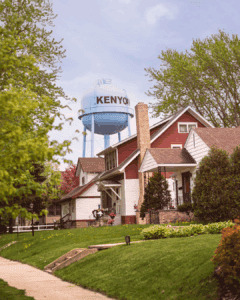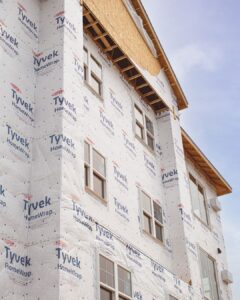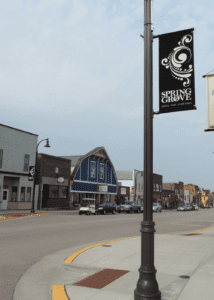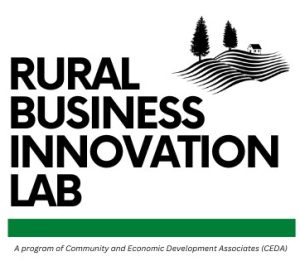by Kelly Wilkens
CEDA would like to extend a warm welcome to our newest staff! We’ve added four additional staff since April:
- Hallie Raimann is serving the Wells and USC contracts. Hallie brings a rich and diverse background to her role as Community and Business Development Specialist. From a foundation in science to roles in education, non-profit leadership, and local business, she offers a unique blend of experience and heart that make her a natural fit for building strong community ties.
- Jayme Longmire is serving the Spring Grove contract. After living and working in Austin, TX for almost seven years, Jayme and her husband Patrick returned to the midwest in 2017. They became entrepreneurs, starting and operating retail and food service companies, providing Jayme with valuable insight into local business’ needs.
- Maddi Petrick is serving the Benson and Vergas contracts. Gaining valuable experience in project coordination and marketing/community engagement, Maddi’s background has sharpened her skills in strategic and creative thinking, as well as in fostering strong relationships and building partnerships within the community.
- Sarah Safstrom is serving the Nobles County and Lester Prairie contracts. Sarah brings over two decades of experience in healthcare, government, and civic organizations, along with a deep-rooted passion for public service. She takes great pride in supporting rural communities and fostering their growth and resilience.
They have each hit the ground running and we are excited to have them as part of our team. If you see them about – say hello!


 CEDA’s
CEDA’s  familial ties to the land and to the place, and longstanding relationships that create dense social networks where people feel they know their neighbors. What these rural communities often lack, however, is the built capital (buildings, public spaces, etc.) to activate the social connections that draw people to live in rural places. These spaces are also vital for welcoming newcomers who may not know where to plug in to community groups, volunteering opportunities, etc.
familial ties to the land and to the place, and longstanding relationships that create dense social networks where people feel they know their neighbors. What these rural communities often lack, however, is the built capital (buildings, public spaces, etc.) to activate the social connections that draw people to live in rural places. These spaces are also vital for welcoming newcomers who may not know where to plug in to community groups, volunteering opportunities, etc. Thirteen innovative rural businesses from Minnesota and Wisconsin have been selected for the Rural Business Innovation Lab’s (RBIL) 2025 cohort.
Thirteen innovative rural businesses from Minnesota and Wisconsin have been selected for the Rural Business Innovation Lab’s (RBIL) 2025 cohort.